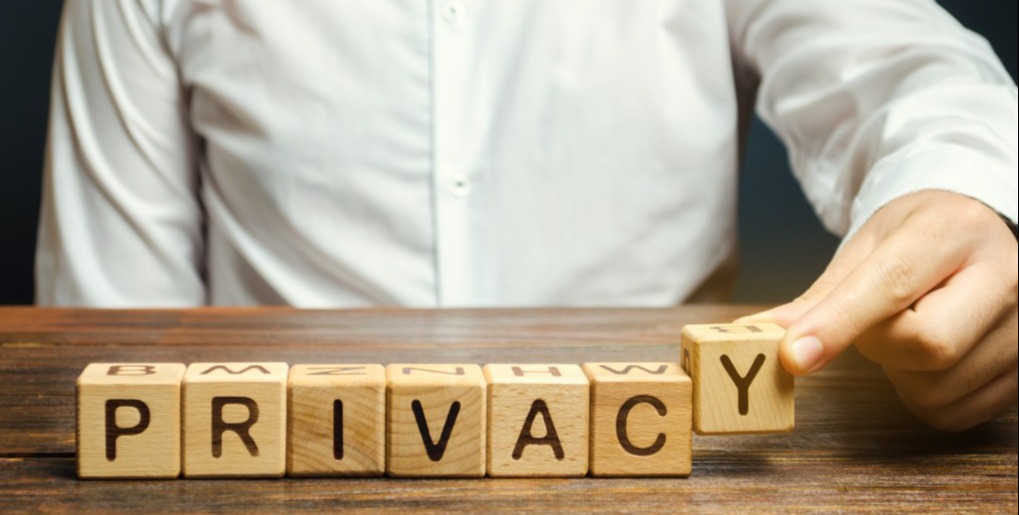What exactly constitutes identity theft? A great definition can be found at InvestingAnswers: "Identity theft is the crime of using another person's personal information, credit history or other identifying characteristics in order to make purchases or borrow money without that person's permission." No one wants to have their identity stolen or undermined. Unfortunately, there are people who prey on others whose personal information they have been able to obtain.
How to Protect Yourself from Identity Theft 
It used to be simple enough to just shred your bank statements and go on with your day. Today, however, there are so many more ways your identity can be threatened with technology. If your identity is stolen, then getting it back (and undoing the damage) is probably going to be an inconvenience, too. Below are some tips on how to protect you and your family from identity theft, as well as some useful links.
Be Careful What You Share
Thieves want your personal information. A certain amount of information is available already on the internet, thanks to public records. Plus think about Facebook reminding you every time one of your friends has a birthday. That information, along with addresses and phone numbers, can go a long way, especially if they are able to get your social security number (SSN) too.
Protect your SSN
Some people, such as your employer, or a lender if you are applying for credit, need your SSN. However, be wary of phishing scams or calls from unrecognized sources requesting that you give (or confirm) your full SSN for any reason. Also, it is a good idea to not carry your SSN in your wallet or purse, in case it is lost or stolen. That, along with your ID, may be all they need to steal your identity.
Use Strong Passwords
When creating passwords, it is suggested you use a password which includes a combination of capital and lowercase letters, numbers, and symbols. It is also recommended that you update passwords on a regular basis. Another wise practice is to not auto-save passwords, especially when it comes to financial entities like your bank.
Watch the Free Wi-Fi
If you are using a public wi-fi connection, be sure you are using a secure network and/or encrypted websites. Otherwise, any information you send may be viewable to others on that network. If you’re not sure, look for the small lock icon at the beginning of your address bar.
Monitor your Credit and Statements
Not everyone takes time to balance their checkbook the old-fashioned way these days, but it is still wise to check your statements for any false charges. Likewise, you can receive one free credit report from each of the major credit bureaus annually. This will also help monitor if any unauthorized accounts have been opened in your name. The credit bureaus also offer a ‘credit freeze’ or ‘security freeze’ option, which means you will have to previously authorize any attempts to pull your credit. Depending on the service, they may charge for using this feature.
While this list doesn’t include everything, it does hit on some of the simplest ways to protect yourself from identity theft. And although it is a scary prospect, there are groups helping look out for you. The Federal Trade commission (FTC) is the nation’s consumer protection agency. They offer more details on protecting yourself from identity theft here, and how to resolve issues involving identity theft here.
For more great information on all things credit-related, head to our 'Basics of Credit' reference page.






-jpg-3.jpeg)


